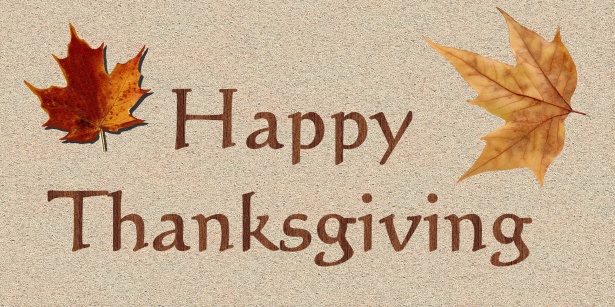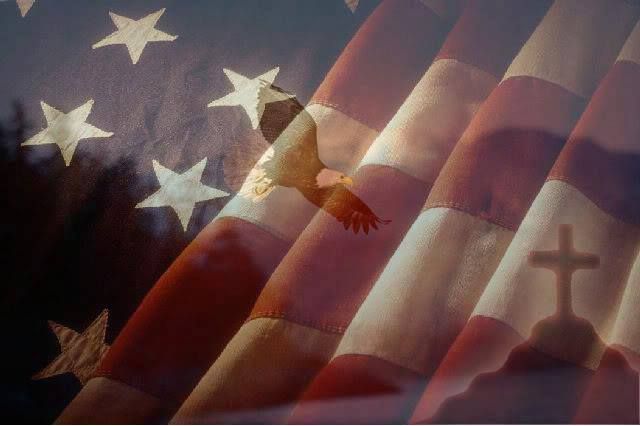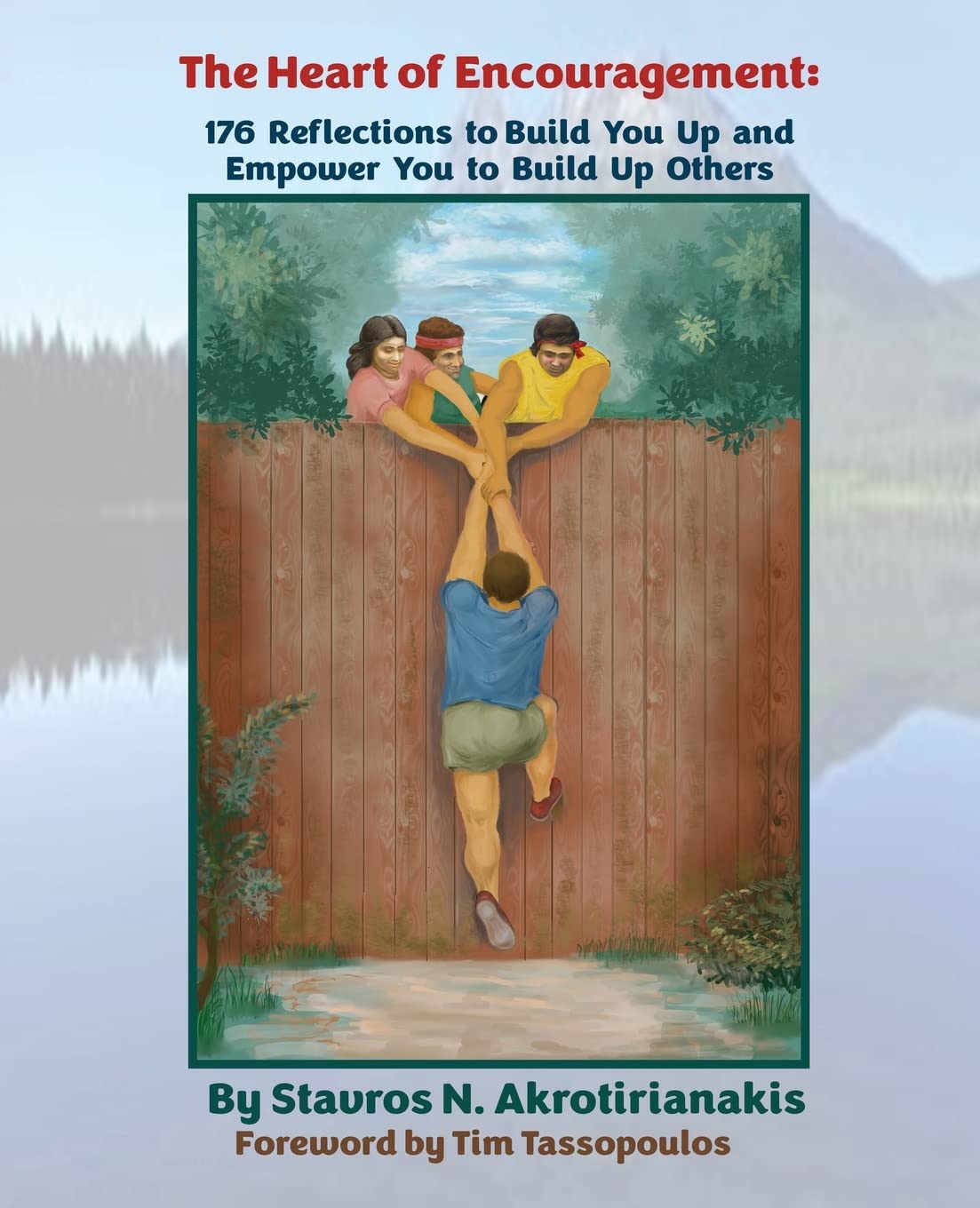For our knowledge is imperfect and our prophecy is imperfect; but when the perfect comes, the imperfect will pass away. When I was a child, I spoke like a child, I thought like a child, I reasoned like a child; when I became a man, I gave up childish ways. For now we see in a mirror dimly, but then face to face. Now I know in part; then I shall understand fully, even as I have been fully understood. So faith, hope, love abide, these three; but the greatest of these is love. I Corinthians 13: 9-13
Tomorrow we mark Independence Day, July 4. I am struggling with how to “celebrate” this day this year. Going out feels dangerous and irresponsible, dangerous in that my state of Florida has had a rapid increase in the number of covid-19 cases, irresponsible because I don’t want to risk getting sick, or being an unknowing carrier of this and get others sick. Staying inside doesn’t feel right either—this is, after all, a day to celebrate our freedom and our country. The endless news cycle and civil unrest in our country have certainly colored any version of celebration. So, I’ve decided that this July 4, I’m going to mark the day in two ways. First, I will celebrate the Divine Liturgy in my parish in order to pray for our country. (For those who don’t live in Tampa or who can’t worship in person, I invite you to our livestream broadcast of the service at 10:00 a.m. click here.) Everyone should pause and pray for our country and her citizens, for peace, health and safety. Second, I will reflect on my identity as an American, and I will reflect on what areas of my life as a citizen, I have done well in, what areas I have not done well in, and what areas I can improve in.
Allow me to make a confession, and please do not think any less of me. On some Friday nights when I was in high school (we are not talking every Friday night, but certainly several Friday nights), some friends of mine and I went to the grocery store. There we saw other classmates from high school. They went to the cashier with cases of beer and fake ID’s. The cashier didn’t really believe they were 21 but sold them the beer anyway, and then went out and got drunk, probably some of them drove drunk, some got sick and threw up, and there was probably some resulting collateral damage in their teen lives. Hopefully they got older and smarter with their behavior. From looking up some of them on social media, they have. My friends and I opted for cases of toilet paper. The cashier rang us up, never asked why we were buying cases of toilet paper and nothing else. And so, the dorky teens like me, would go out and “toilet paper” or “TP” some houses. I remember we TP’d the house of one of our teachers, some of the school bullies, sometimes even our friends. On a few Saturdays, me and my family woke up to see toilet paper hanging from our giant birch tree, and we’d go clean up the mess, wondering who had done it, while also admiring their work. I wouldn’t recommend doing this today—it would be considered vandalism, and not clean fun. This is an area of life where I have matured—I realize that certain things of youth were really not appropriate in youth, let along in adult life.
My point in sharing these stories is that in our youth, we all did at least some stupid or questionable things. This is why in Psalm 25:7, we pray “Remember not the sins of my youth or my transgressions; according to Thy steadfast love remember me, for thy goodness’ sake, O Lord!” We ask God to not remember stupid things we did, but to remember us, in our totality, in our maturity. And we pray that God will help us to become mature in every area of our lives as we get older.
In I Corinthians 13, Saint Paul acknowledges that on the continuum that is life, we can all do better and we can always do better. He speaks specifically about the spiritual life, how we were all once childish, in life and in faith, and that at some point, we have to grow up, and have a mature faith. Saint Paul doesn’t tell us to be ashamed for our past but to do better for our future. I’m not ashamed of what I did as a teenager—it was stupid, I figured out it was stupid, and I decided to do better, to correct what was stupid. I now mow the lawns of my neighbors, not to make up for what I did as a teenager, but because my understand of loving my neighbor has grown—it is not enough to not harm the neighbor, we’re actually supposed to help our neighbors.
There is a lot of stupid in our country right now—stupid thoughts, stupid words, stupid acts. There is lots of room for improvement in our country right now. And that improvement starts on an individual level. It begins with personal responsibility. To do things like:
~Pay taxes on time
~Maintain our properties in a clean manner
~To pick up after ourselves, and no litter
~To follow the speed limit and be courteous driver
~To live within our means, and pay off all personal debts we incur
Individual responsibility then extends to responsibility towards those around us. It includes things like:
~Showing respect towards others by the way we speak to and about others.
~Giving people a chance to earn our respect and trust by not prejudging them. That’s what “prejudice” means—it means “pre-judging” others based on some arbitrary measure before we even get to know them.
And then ultimately, by God’s grace, responsibility becomes love towards those around us. And includes things like:
~Acknowledging others who cross our paths
~Extending help unsolicited to people around us to need help
~Extending grace and forgiveness to those who have wronged us.
~Having a continued desire to love others more deeply by serving them with more generosity.
The Fruits of the Spirit—love, joy, peace, patience, kindness, goodness, faithfulness, gentleness and self-control—were not things we mastered as children. They are not things we can master as adults. They are things that we can and must continually work on, as we mature in our Christianity.
Going back to American Independence Day, freedom is like a Fruit of the Spirit, in that we can’t master what it means, but we must continually work on it. We need to look around ourselves and reflect how we better cultivate freedom in ourselves and all those around us. We can look back on our past, as individual citizens or as a country, and call to mind areas where we have behaved stupidly, and we can learn from them, improve them, grow up from them.
As we mark the 4th of July, I can’t say that I feel like a proud American, just like I can’t say that I feel like a proud Christian. Pride does not motivate us to improve. I also cannot say I feel like an ashamed American or an angry American, just like I am not an ashamed Christian. God, in His mercy and forgiveness, allows us to grow, and also expects us to grow. Thus, I stand today as a motivated American, and a motivated Christian. What can I do better?
One thing I have learned as an American, is that this land of opportunity is one that encourages us to do better, and not only in the economic sense. Let’s use this holiday to reflect on what can we do better, starting with what can I do better. I am neither ashamed of my past, nor do I have rose-colored glasses about the future. Rather I am motivated by mistakes of the past so that I can live a more purposeful and intention present, and hopefully a better future. I encourage each of you to do the same.
Lord, thank You for the gift of freedom. Thank You for the opportunity to rise each day in a land where we are all free to improve. Help me to look deeply into my own self, and to understand the areas of my life where I can improve, so that I can contribute to the society in this country, in a way that promotes freedom and dignity for all. Forgive the sins of my youth, help me to put away childish thoughts and ways, and to embody faith, hope and love in all aspects of my life. Amen.
God bless America, land that I love. Stand beside her and guide her, through the night with the Light from Above.
God bless America!




